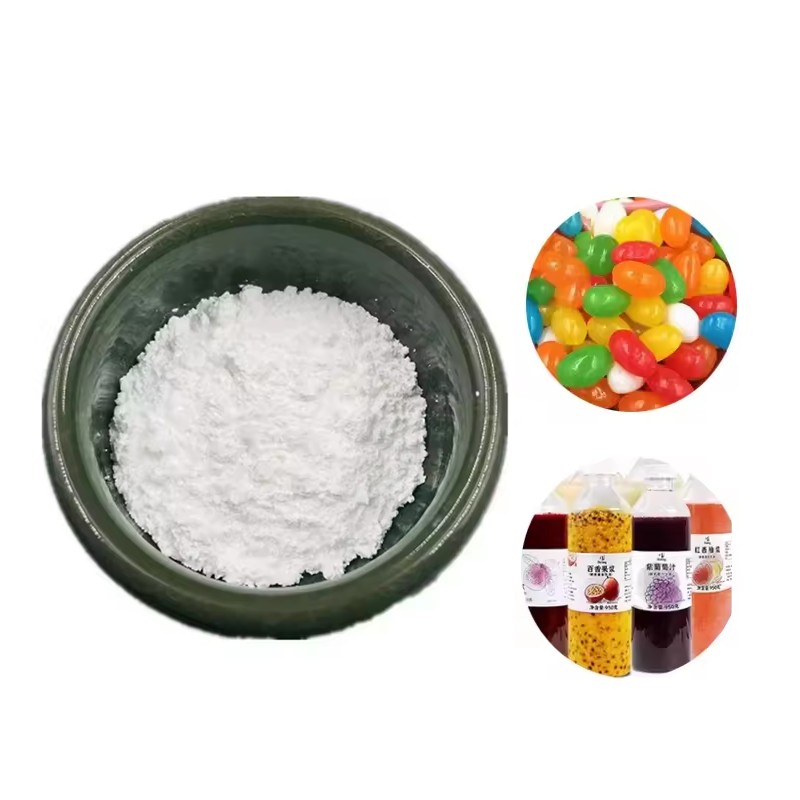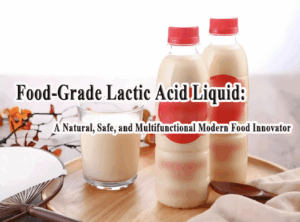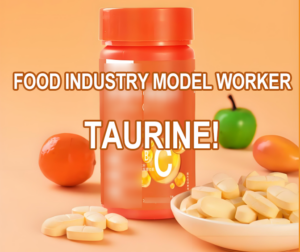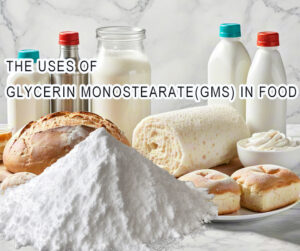
Gewährleistung der Lebensmittelsicherheit: Kieselsäure und Kalziumkarbonat als verlässliche Ersatzstoffe für Titandioxid
Gewährleistung der Lebensmittelsicherheit: Kieselsäure und Kalziumkarbonat als verlässliche Ersatzstoffe für Titandioxid
In recent years, the food industry has increasingly focused on safety standards, particularly regarding the use of food additives. Titanium dioxide (TiO2), a widely used whitening agent, has come under scrutiny due to potential health concerns. As a result, the demand for safer alternatives has surged. Among the most promising substitutes are silica and calcium carbonate, both of which offer significant advantages in food applications while adhering to strict safety standards.
Silica: A Versatile and Safe Additive
Silica, also known as silicon dioxide, is a natural compound that plays a crucial role in the food industry. As a food additive, it serves as an anti-caking agent, preventing clumping and ensuring a free-flowing texture in powdered products. Its unique properties make it an ideal substitute for titanium dioxide in various applications.
Characteristics and Advantages of Silica:
- High Purity and Stability: Silica is a chemically inert substance, meaning it does not react with other ingredients in food products, ensuring the stability and safety of the final product.
- Transparency: Unlike titanium dioxide, which imparts a white color, silica is transparent, making it suitable for use in clear or lightly colored products without altering their appearance.
- Improved Texture: Silica enhances the texture of food products by preventing clumping, ensuring a smooth and uniform consistency.
- Safety: Silica is recognized as safe by global food safety authorities, including the FDA (Food and Drug Administration) in the United States and EFSA (European Food Safety Authority). It complies with the specifications set forth in the Codex Alimentarius, ensuring its safety and suitability for use in food products.
Main Food Uses of Silica: Silica is commonly used in powdered foods like spices and baking mixes to prevent clumping, in beverages to improve clarity, and in confectionery to maintain smooth textures.

Calcium Carbonate: A Safe and Nutrient-Rich Alternative
Calcium carbonate, a naturally occurring mineral, is another effective substitute for titanium dioxide in the food industry. It is widely used not only for its whitening properties but also as a dietary supplement, providing an additional health benefit.
Characteristics and Advantages of Calcium Carbonate:
- Whitening Agent: Calcium carbonate imparts a bright white color to food products, making it an ideal substitute for titanium dioxide in applications where whiteness is desired.
- Nutritional Value: As a source of calcium, it contributes to the nutritional profile of food products, supporting bone health and other bodily functions.
- Safe and Recognized: Like silica, calcium carbonate is recognized as safe by global food safety authorities, including the FDA and EFSA. It meets the requirements of the Codex Alimentarius, ensuring that it is safe for use in a wide range of food applications.
- Versatility: Calcium carbonate can be used in a wide range of food products, including dairy, baked goods, and beverages, without affecting the taste or texture.
Main Food Uses of Calcium Carbonate: Calcium carbonate is often added to dairy products, baked goods, and beverages to enhance whiteness, improve texture, and boost calcium content.

Schlussfolgerung
As the food industry continues to prioritize safety and quality, the shift toward safer alternatives like silica and calcium carbonate is gaining momentum. These two substances not only meet stringent global food safety standards but also offer distinct advantages in terms of functionality, versatility, and nutritional value. By incorporating silica and calcium carbonate into food products, manufacturers can maintain high standards of safety and quality, ensuring consumer trust and satisfaction in an increasingly health-conscious market.












